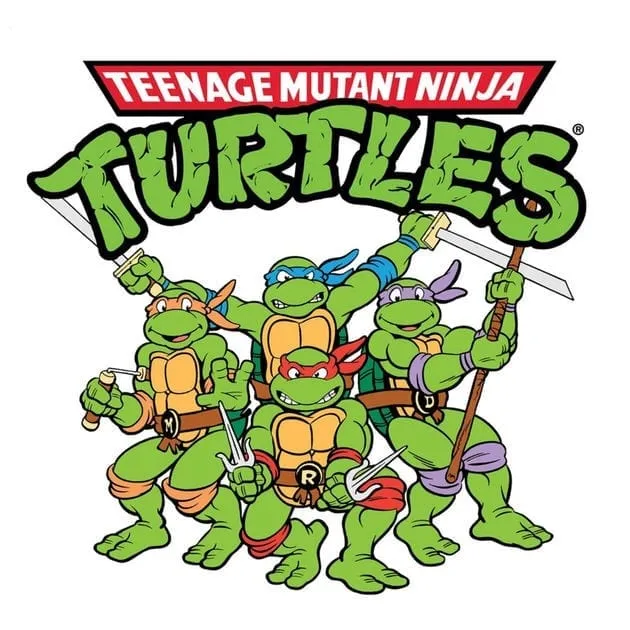Classic post
Stepping Out from Zheng He’s Shadow: World History, Ming China, and Greater East Asia in the Fifteenth Century
Most authors of world history textbooks and world history teachers seem to love the voyages of Zheng He. The treasure ships dwarfed all contemporary ships, the two main individuals (the Yongle Emperor and Admiral Zheng He) were larger than life characters, and there were African giraffes being mistaken for mythical
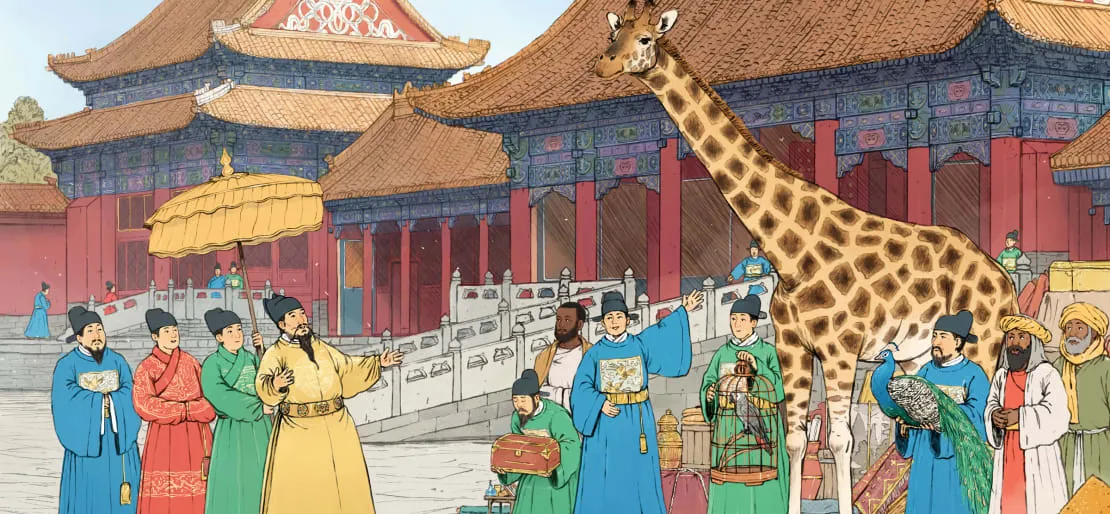
"People Who Have Interrupted Empire": African and Indigenous Resistance in the Sixteenth and Early Seventeenth Centuries
I’ve looked at more world history textbooks than I want to admit. One thing almost all of them have in common is some discussion of Portuguese maritime expansion along the western coast of Africa in the fifteenth century and the Spanish and Portuguese conquest of the Americas in the
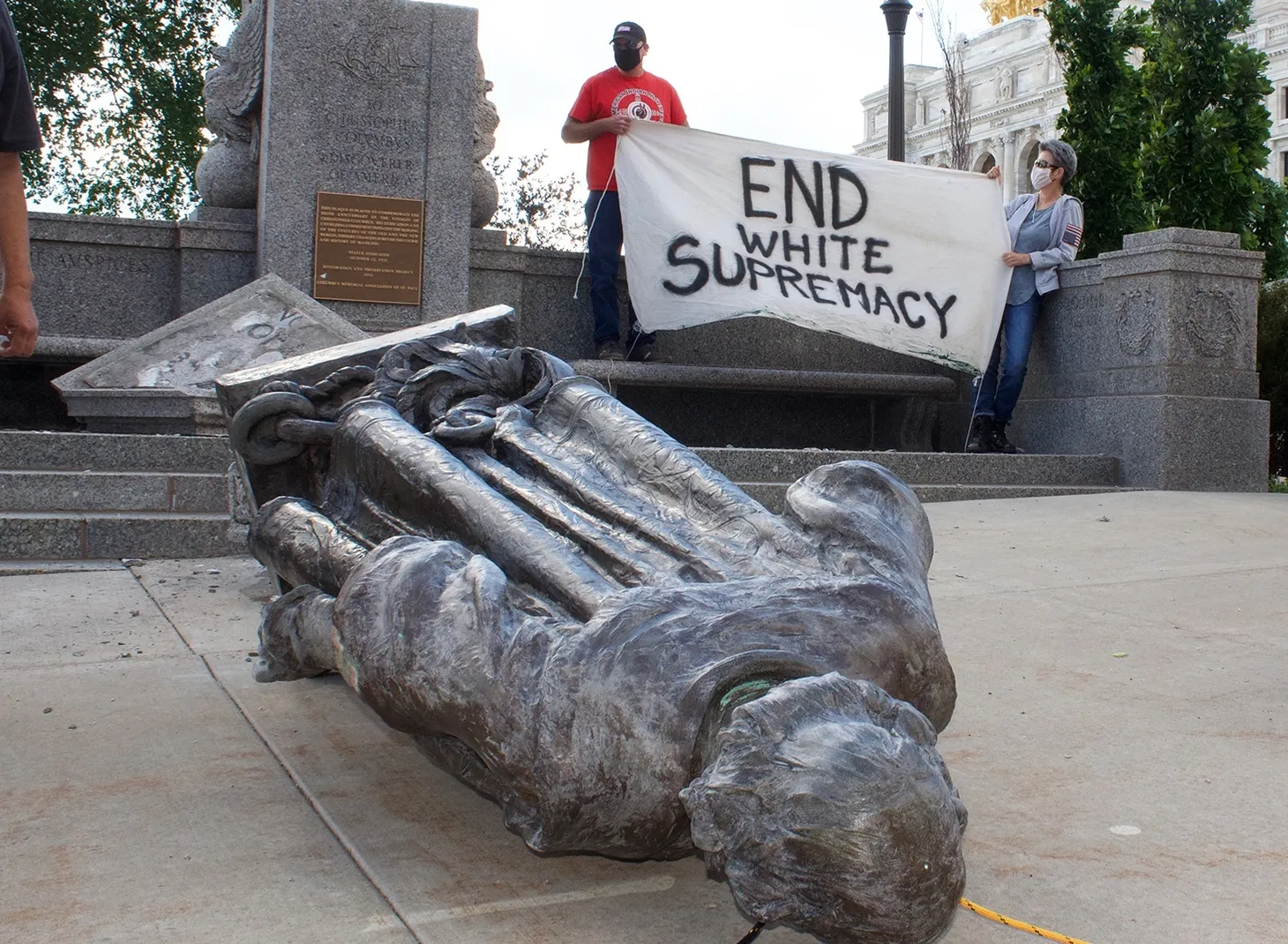
Less Scrambling, More Reflecting: How We Can Better Teach about the European Colonization of Africa
Every year thousands of teachers of world history teach about the problematically-named “Scramble for Africa”, and many of them make use of a popular classroom simulation that seems to have originated in the 1990s, based on what some teachers have told me. I remember first seeing pictures of the activity
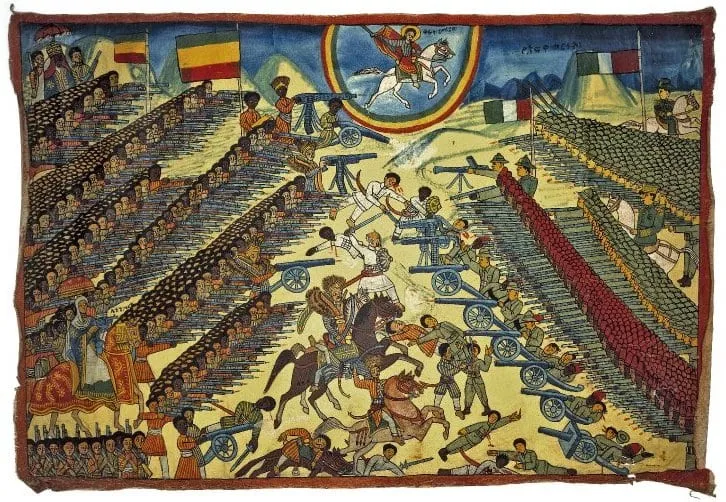
What We Can Learn from a Pair of Skating Owls: Teaching the Little Ice Age and its Importance for Today
For a number of years, Donald Trump has been tweeting about the myth of climate change based on cold weather. Just this past week, he even sarcastically called for more global warming. While most people reading this essay will quickly dismiss Trump’s claims, it’s important to consider how
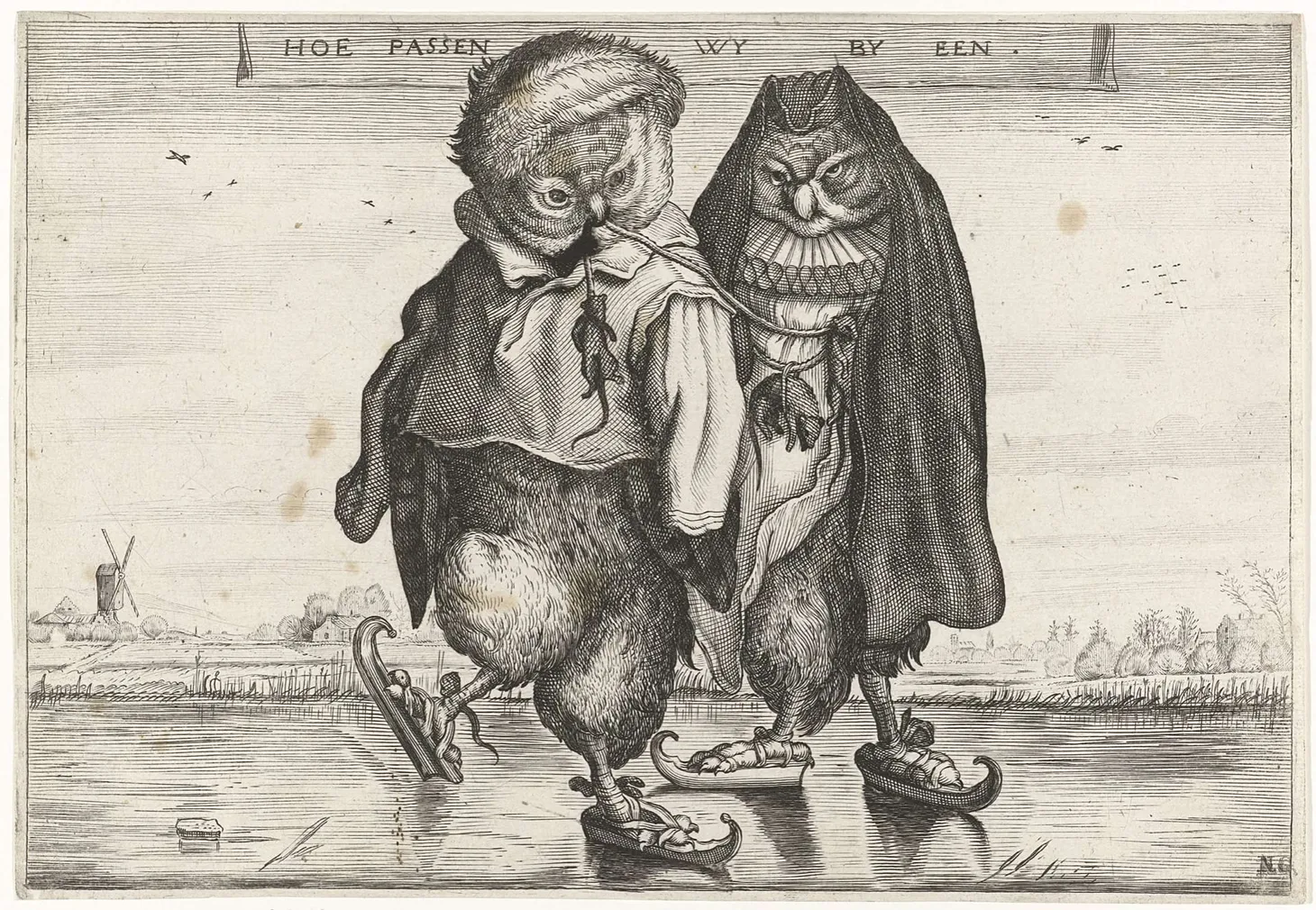
Revolutionary Revolutions: Rethinking how we teach the political revolutions between 1750 and 1900
Dear #APworld teachers, if you want a fresh, global approach to teaching revolutions, come check out our #whapchat discussion this week led by @ERBeckman and @bramhubbell - I know I’m spending some time this weekend revamping my lessons! #sschat #worldhistory #historyteacher https://t.co/Av5nMPkyfp — Angela A. Lee (@mrshistorylee)
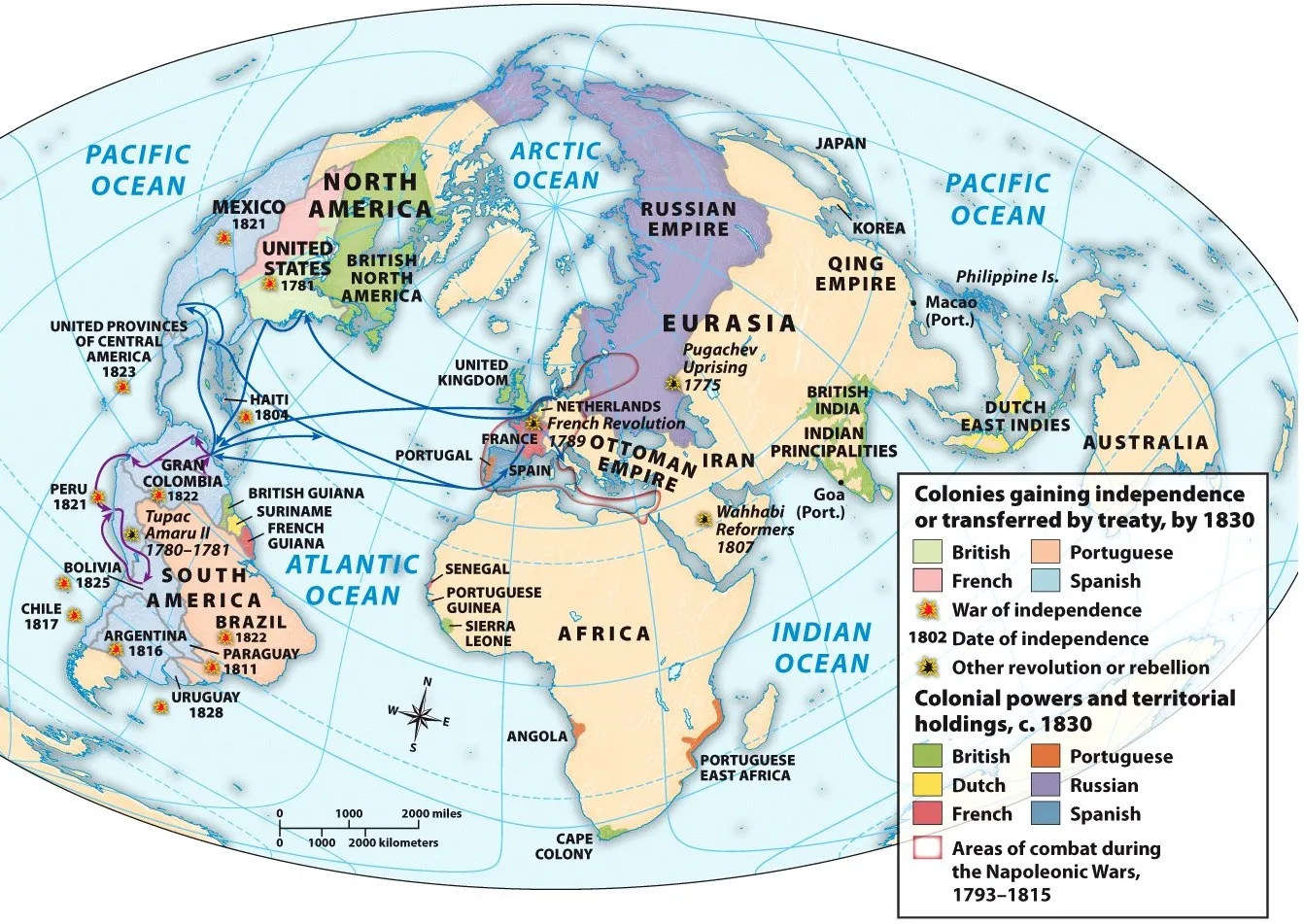
Goodbye Paperless History, Hello Liberating Narratives
As you can see, I have completely redesigned the website. When I began this blog in 2016, I imagined a site that was more broadly focused on reinterpreting what it means to learn about and teach history. In October 2018, I discussed my decision to focus the site on the
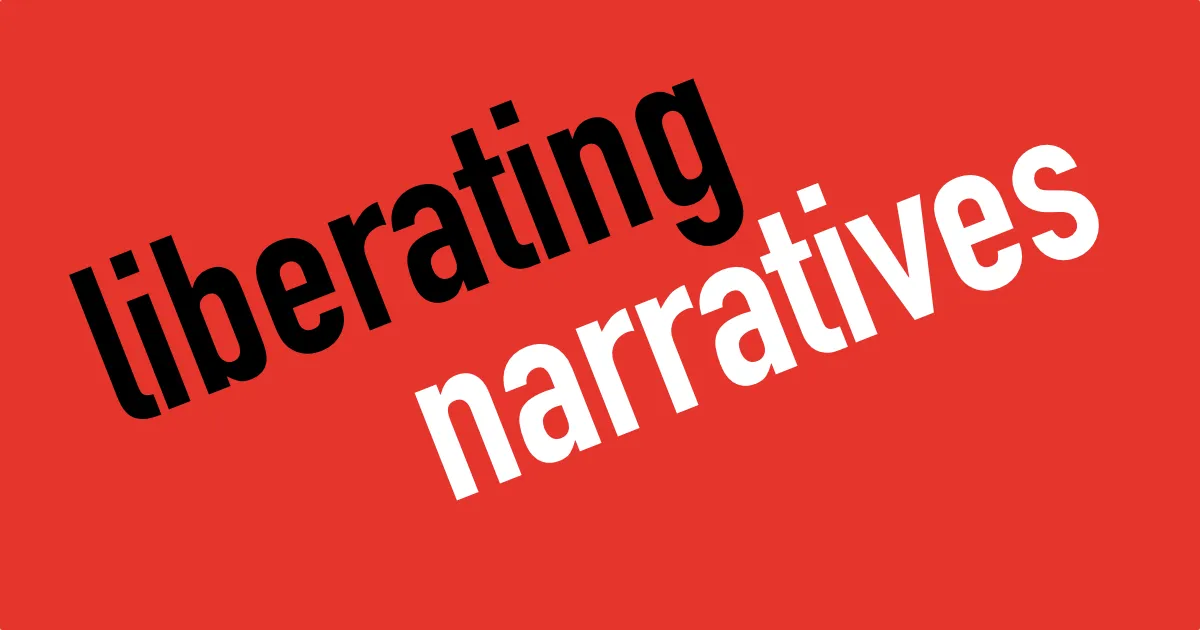
A Revolutionary Challenge: The Túpac Amaru Rebellion and Rethinking the Atlantic Revolutions
In many world history textbooks, discussion of the Atlantic Revolutions often begins with the background causes, such as the Seven Years’ War and the Enlightenment, that contributed to the outbreak of the Revolutions, and the first revolution discussed is almost always the North American Revolution. While it makes sense to
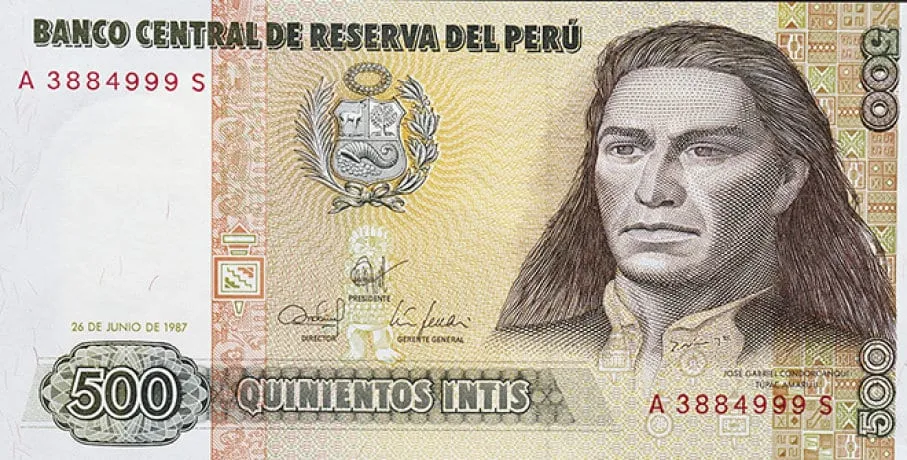
Two Views of Global Lisbon
In October of 2016, I was exploring the Navy Museum in Lisbon. For a country with such a rich maritime history, I was somewhat disappointed with the museum itself. But as I was wandering through the bookstore on my way out, I came across this incredible book by edited by
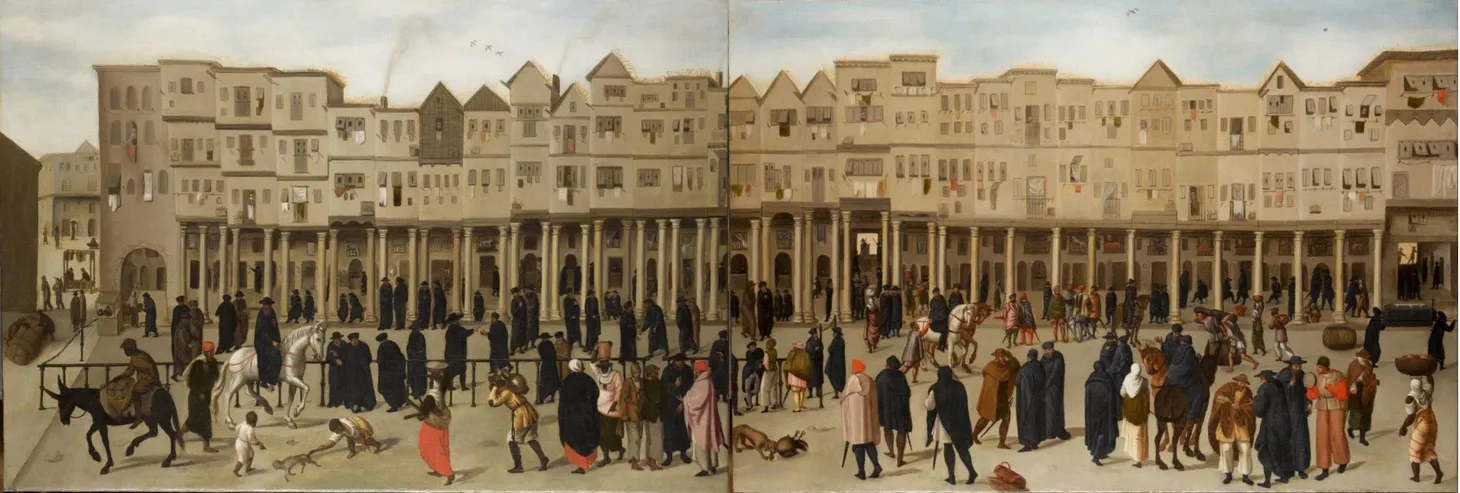
More than Four Turtles: Global Renaissances in the Fifteenth Century (Part II)
In the final part of the Harkness discussion on Day 3, we talk about the second part of my essay “Reimaging the Renaissance,” which focuses on events in Central Asia in the fifteenth century. Central Asia never seems to get the credit it deserves in world history classes. Besides the
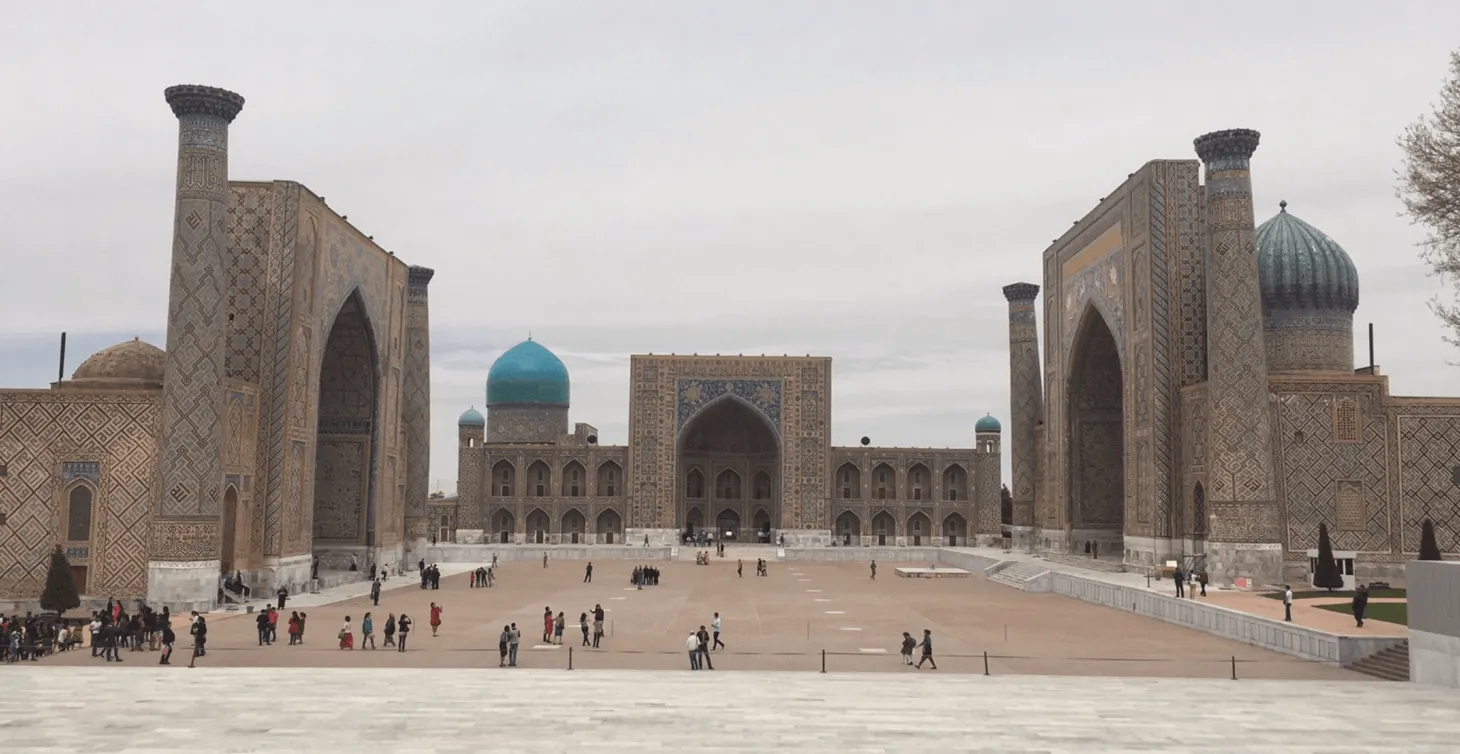
More than Four Turtles: Global Renaissances in the Fifteenth Century (Part I)
After spending two days setting up the big picture of the revival of Afroeurasia in the fifteenth century, we dive into the Renaissance, or Renaissances, on the third day. I use two different readings with the students and set up the class in a sort of a modified Harkness style
